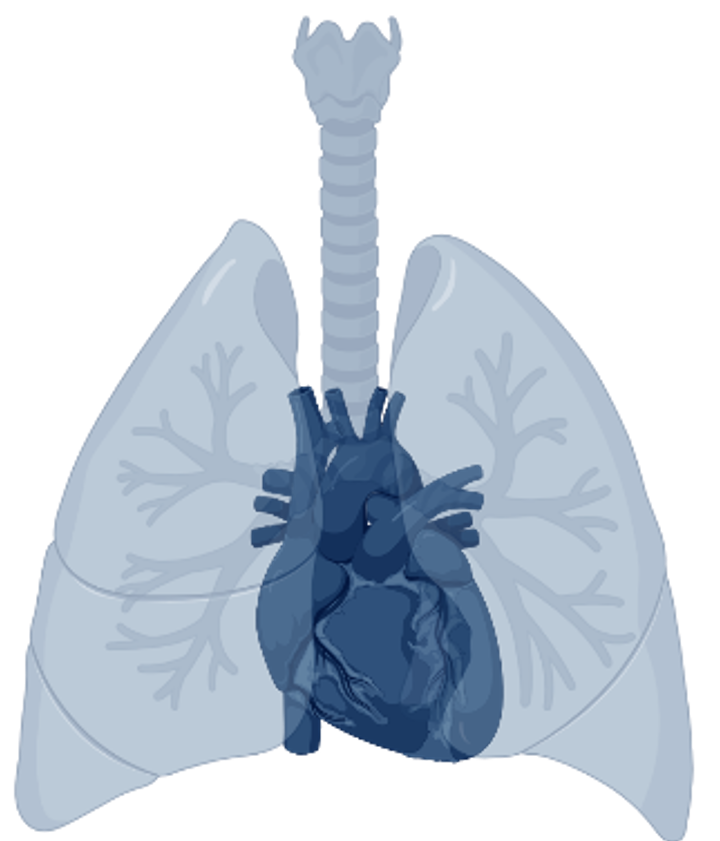Our lab’s primary focus has been to unravel the intricate interactions of molecular pathways linked to lung and heart diseases. We’ve taken a translational and multi-disciplinary approach, utilizing gene therapy as an innovative way to modify specific signaling pathways in Pulmonary Arterial Hypertension and Pulmonary Fibrosis.
The aim is to uncover and define alterations at the levels of transcription, epigenetics, and cells. Our approach enables us to gain insights into disease susceptibility, pinpoint risk factors, and discover new biomarkers. Ultimately, we intend to classify risks and develop personalized medicines. The overarching objective of our research program is to identify new therapeutic strategies.

Molecules
We adopt a multi-faceted approach, utilizing cutting-edge techniques like RNA-Sequencing, ChIP-Sequencing, Single cell-sequencing, Whole Genome Sequencing, and Proteomic analysis.

Cells
Our laboratory employs a comprehensive approach. This involves cell culture, imaging of cardiac and lung tissues, biochemical tests related to proliferation, apoptosis, inflammation, and DNA/RNA damage, along with molecular biology techniques. These efforts are complemented by in-depth computational analyses.

Animal models
Our research also relies on disease models created through animal studies. These models replicate the key features of lung and heart diseases, encompassing conditions such as idiopathic pulmonary fibrosis, pulmonary arterial hypertension, and heart failure. Examples include bleomycin-induced IPF, Sugen/Hypoxia models, Monocrotaline-induced conditions, transverse aortic constriction, as well as models involving chronic administration of isoproterenol or coronary artery ligation.

Experimental treatment
Our therapeutic approaches encompass various options, including the use of adeno-associated virus (AAV), modified RNA, and lentivirus-based gene therapies, as well as engineered nanoparticles. We also tap into FDA-approved drug libraries to repurpose small compounds for cardiovascular studies.